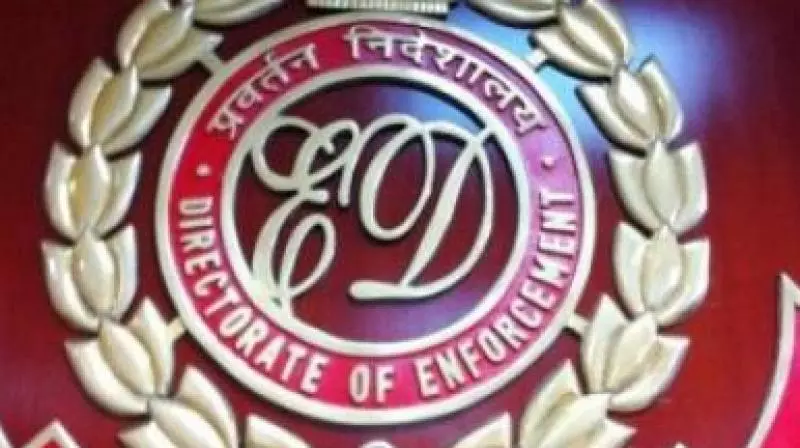AA Edit | Welcome directive to force ED officers to follow rules
That the law shifted the burden of proof to the accused and made bail almost impossible was proof that Parliament wanted it to be a special law to fight a crime that is otherwise tough to tackle

The circular of the Enforcement Directorate (ED) to its officials and investigating officers (IOs) to record statements of individuals summoned under Section 50 of the Prevention of Money Laundering Act (PMLA), 2002, during office hours and not keep them waiting for hours at their offices seeks to right a wrong the agency has been indulging in for quite some time.
The ED was forced to incorporate such a guideline on the orders of the Bombay high court which took objection to the agency making a 64-year-old wait past midnight for taking his statement. The court invoked Article 21 of the Constitution, which guarantees right to life, and said recording of statement at unearthly hours “definitely results in deprivation of a person’s sleep, basic human right of an individual”. The court cannot countenance such a practice, it told the Central agency.
As per the new circular, the authorised officer or investigating officer “shall be well prepared with copies of documents to be confronted as well as a questionnaire to examine the person summoned at the appointed date and time”. The officer shall examine the summoned person on the appointed time and date without keeping him waiting for hours and “shall endeavour to conclude the examination of the person summoned expeditiously, ideally on the same day or the following day”. This would help the investigation, too, the circular said. Examination of senior citizens, persons with serious medical conditions, sick or infirm should be restricted to earthly hours and that it would be “appropriate to adjourn the examination to next date or any other mutually agreed date as a matter of practice”.
The legislative intent of the PMLA was to be part of a global endeavour by the turn of the century to tackle the drug trade which has been one of the biggest threat human civilisation faces. Several draconian measures envisaged in the law, which went contrary to principles that govern jurisprudence in democratic countries, got legislative sanction because of the cause the law espoused. That the law shifted the burden of proof to the accused and made bail almost impossible was proof that Parliament wanted it to be a special law to fight a crime that is otherwise tough to tackle.
However, it has become a favourite tool of the ruling dispensation, especially after the NDA came to power in 2014, to chase and hunt down political opponents. The law is invoked even in cases where political leaders are accused of corruption. Such was the misuse of the law that there are instances where the ED would proceed with arrest and remand even before the agency that investigates the predicate offence would not have started its job. Accused persons were arrested in the dead of night and dragged to courts; persons were made to wait in ED officers for hours on end, only to be told to come the following day. People were thrown behind bars for months and years with no shred of proof all due to the special provisions of the law.
The Bombay high court order and the subsequent circular of the ED should work as reminders for the agency and its political handlers that the law is a tool to make offenders pay for their acts, but not punish them with the process.
